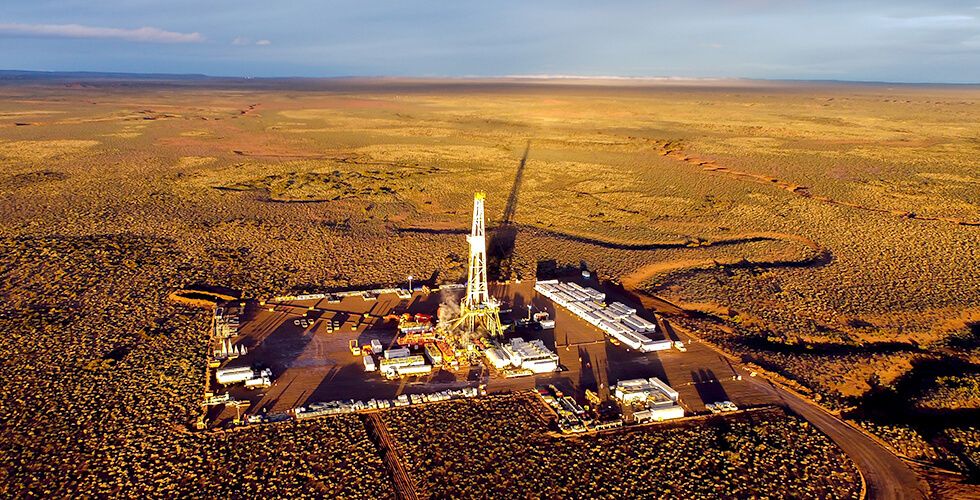
A recent investigation has put Coca-Cola and other global brands under intense scrutiny for their ties to plastic production based on fracking, raising concerns about public health and environmental sustainability.
According to a report by Stand.earth, over 25 major consumer brands—including Coca-Cola, Nestlé, Unilever, and Procter & Gamble—are indirectly linked to fracking operations in Texas’ Permian Basin, a region notorious for its high levels of carbon emissions. Fracking, or hydraulic fracturing, involves injecting high-pressure water, sand, and chemicals into underground rock to extract oil and gas. One of the byproducts of this process is ethane, a key ingredient used in the production of plastics.
Much of this ethane is shipped globally for plastic manufacturing, fuelling a cycle that contributes to toxic emissions, community health risks, and plastic pollution. Local communities near fracking sites have reported contaminated drinking water and minor earthquakes. In some areas, tap water has been so affected by gas intrusion that residents can ignite it with a flame.
Yvette Arellano of Fenceline Watch warned that the toll on health, particularly for children, is “irreversible,” linking exposure to low birth weights and long-term developmental harm.
Plastic pollution is another major consequence. Plastics don’t biodegrade but instead break down into microplastics, which infiltrate ecosystems, food chains, and human bodies. According to the U.N. Environment Programme, 19 to 23 million tonnes of plastic enter aquatic systems each year.
While Coca-Cola has launched initiatives like World Without Waste, critics argue the company’s goals—such as increasing recycled plastic use to 30-35% by 2035—fall short of addressing the core issue: the brand’s reliance on fossil-fuel-derived plastics.
As environmental pressures mount, experts say more drastic shifts are needed to reduce plastic dependency and sever ties with fossil fuel-driven production.

